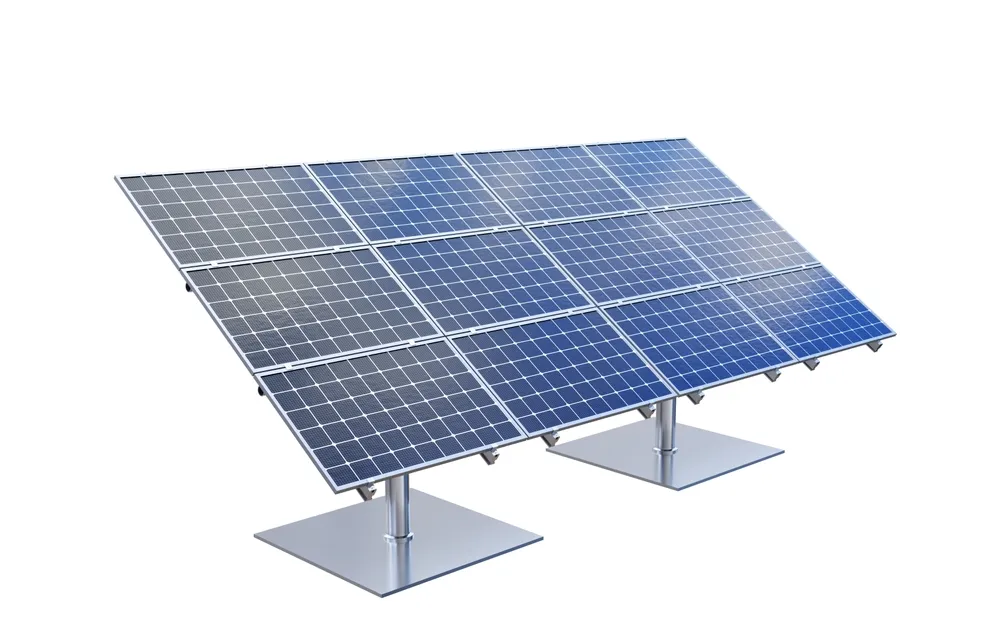Solar energy is a transformative force in modern energy solutions. Its ability to harness sunlight and convert it into usable electricity is revolutionizing how countries meet their energy demands. Pakistan, a nation blessed with abundant sunlight, holds immense potential to utilize solar energy. Main motive behind this article is to define solar energy and its importance in Pakistan, and why investing in this renewable resource is crucial for the country’s development.
What is Solar Energy?
Solar energy is the power derived from the sun’s rays, converted into electrical or thermal energy using technologies like photovoltaic (PV) panels and solar thermal systems. This clean and renewable energy source eliminates the need for fossil fuels, offering an eco-friendly alternative for global energy consumption.
Why Solar Energy Matters for Pakistan
Abundant Solar Resources
Pakistan enjoys a high solar irradiance, with around 300 sunny days annually. Regions like Sindh, Balochistan, and Southern Punjab receive intense sunlight, making them ideal for large-scale solar projects. This abundance ensures consistent and reliable energy production throughout the year.
Tackling the Energy Crisis
Pakistan has long struggled with energy shortages, resulting in power outages that affect industries, businesses, and households. Solar energy offers a sustainable solution, reducing dependence on conventional energy sources and bridging the demand-supply gap.
The Importance of Solar Energy in Pakistan
Economic Advantages
Adopting solar energy reduces the country’s reliance on costly imported fuels. By focusing on locally available sunlight, Pakistan can cut its energy import bills, boost its economy, and create job opportunities in the renewable energy sector.
Environmental Benefits
Pakistan faces severe environmental challenges, including rising carbon emissions and air pollution. Solar energy, as a clean energy source, helps minimize the carbon footprint, contributing to a healthier environment.
Rural Electrification
In rural areas where grid connectivity is limited, solar energy provides a practical solution. Off-grid solar systems bring electricity to remote villages, improving the quality of life for millions. This access supports education, healthcare, and entrepreneurship.
Current State of Solar Energy in Pakistan
The government of Pakistan has initiated several projects to promote solar energy. Key developments include:
- Solar Parks: The Quaid-e-Azam Solar Park in Punjab is one of Asia’s largest solar farms, generating significant energy to meet local needs.
- Net Metering Policies: These policies encourage homeowners and businesses to install solar panels by allowing them to sell excess electricity back to the grid.
- Tax Incentives: Reduced taxes on solar equipment make installations more affordable for the public.
Overcoming Challenges to Solar Adoption
Despite its potential, solar energy adoption in Pakistan faces several hurdles:
High Initial Costs
Although solar energy is cost-effective in the long run, the upfront installation costs remain high. Affordable financing options and government subsidies are essential to drive adoption.
Lack of Awareness
Many people in Pakistan are unaware of solar energy’s benefits. Awareness campaigns are needed to educate the public about how switching to solar can reduce electricity bills and benefit the environment.
Technical Barriers
The lack of skilled professionals in the renewable energy sector and inadequate infrastructure for large-scale projects can slow progress. Investing in training and development programs is necessary to overcome these barriers.
How Solar Energy Can Transform Pakistan’s Future
Industrial Growth
Industries in Pakistan can benefit from solar energy by reducing operational costs. With rising fuel prices, solar-powered factories and manufacturing units can maintain profitability while staying environmentally friendly.
Educational Advancements
Schools in off-grid areas can function more effectively with solar energy. Electrified classrooms enable the use of modern teaching tools, providing a better learning environment for students.
Enhanced Agricultural Productivity
Solar-powered water pumps are revolutionizing agriculture in Pakistan, allowing farmers to irrigate their fields without relying on erratic electricity supplies or expensive diesel generators.
Benefits of Government-Private Collaboration
Collaboration between the government and private sectors can accelerate the adoption of solar energy. Public-private partnerships (PPPs) can lead to large-scale solar projects, investments in research, and more accessible solar solutions for residential and commercial users.
Tips for Adopting Solar Energy in Pakistan
- Choose Certified Installers: Always select professionals with certified expertise to ensure quality installations.
- Invest in Quality Equipment: Opt for high-quality solar panels and inverters to maximize efficiency and durability.
- Leverage Net Metering: Utilize government-approved net metering to offset your energy costs.
- Maintain Regular Inspections: Keep your solar system in optimal condition through regular maintenance.
Looking to embrace renewable energy and secure a sustainable future for Pakistan? DSG Energy is paving the way with advanced Grid Tied Solar System installations, offering innovative solutions that redefine how energy is consumed. By promoting renewable energy, DSG Energy aligns perfectly with the need to define solar energy and its importance in Pakistan. Their cutting-edge systems not only enhance grid reliability but also reduce energy costs and environmental impact, making clean energy accessible and practical for homes and businesses alike. Choose DSG Energy to transform your energy needs into a step toward a greener and more reliable tomorrow.
Final Thoughts on Solar Energy’s Role in Pakistan
Solar energy offers a pathway for Pakistan to achieve energy independence, sustainability, and economic stability. By leveraging its solar potential, the country can address its energy challenges, empower rural communities, and create a cleaner, greener environment.
Investing in solar energy is not just a necessity for Pakistan; it is an opportunity to build a resilient energy future for generations to come.









